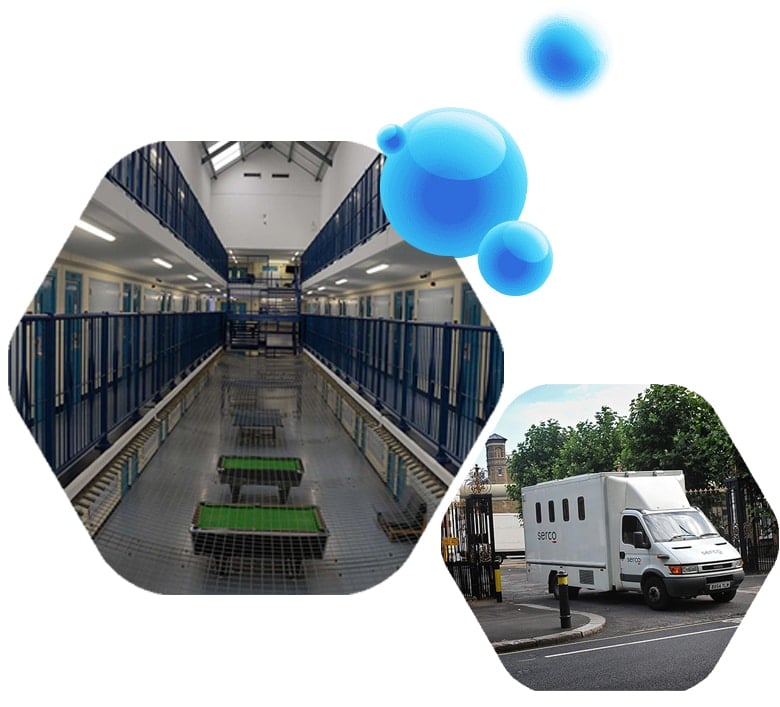Contact someone in prison.
How to contact someone in prison by telephone:
If you urgently need to get hold of a prisoner due to an emergency or bereavement, the best way to do this is through the chaplaincy. Call through to the main prison number and ask to speak to the chaplain. Worst case scenario they will at least be able to get message to the prisoner quicker than you will be able to through any other method.
Normal prison phone contact, this is usually instigated from the prisoners side. They will need to get preapproved numbers added to their phone pin. Once authorised they will be able to call you. They will need to keep the phone credit topped up which they can do with the money that they have sent into their prison account. You can do this through SEND MONEY TO A PRISONER. https://www.gov.uk/send-prisoner-money


Contact someone in prison
It will feel like your world has been turned upside down, IT HAS! But don’t be afraid to knock the door down of the holding cell if you want water, toilet (if your s doesn’t have one) or anything else to make your time more pleasant, that’s what they are there for, to keep you safe in custody, so use them!
The Sweat Box which is the Serco big white meat wagon that they use to deliver fresh prisoners into prison is your next destination. Once all the holding cells are full and you will be led onto the van. It’s like sitting in a small white telephone box with the door locked before you.
The feeling of knowing where your going is overwhelming, but it’s like getting a plaster ripped off. Prison is now inevitable so get there and get comfortable, trust me, once you’ve got your first night over and done with and you’ve survived, it will all fall into place. Also, by the time you get to prison, checked in and go through reception and all the checks, you will be that knackered you will be craving a prison bed!
The windows of the Serco van are tinted purple/pink and no one can see you sat inside although you’ll probably feel like the world is looking at you right now, there may be a lot of shouting going on from other people locked in the van with you, don’t worry they aren’t going anywhere and are probably just as nervy as you. A lot of people overcome their fear with bravado! Don’t let it intimidate you.
How to contact someone in prison by email:
There is a facility called EMAIL A PRISONER – it is quicker and cheaper than sending a letter to a prisoner. https://www.emailaprisoner.com/ The prisoner can also send a response through the email a prisoner system. The email is printed and delivered to the prisoner the same way that a letter would reach them.
How to contact someone in prison by video call
There is a facility called purple visits https://www.purplevisits.com/ this is a video calling system that will allow you to have facetime calls with friends and loved ones, these are chargeable but are monitored




